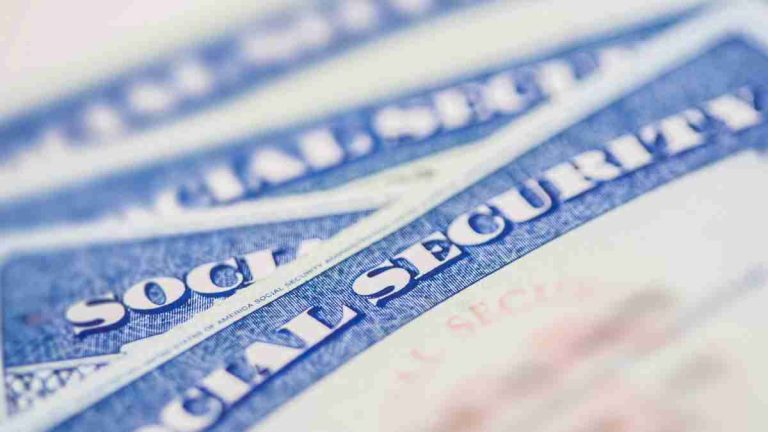October SSI Increase: $744 Payments for Eligible 18-64-Year-Olds
The Social Security Administration (SSA) has announced the upcoming Supplemental Security Income (SSI) payment for recipients in the United States, set to be issued in less than 24 hours. A positive aspect of this payment is that all SSI recipients will receive their funds on the same day, although the amount they receive will vary based on their individual circumstances, such as income levels and any additional benefits they may receive, like Social Security Disability Insurance (SSDI) or retirement benefits.
Average SSI Payments for October
For the month of October, the average SSI payment for individuals aged 18 to 64 is approximately $744. However, this is not the highest average amount; that distinction goes to recipients under 18, who can receive around $820 on average. For seniors aged 65 and older, the average payment is about $575, primarily because many of them also receive Social Security retirement benefits.
The maximum SSI benefits available are $943 for individuals and $1,415 for married couples.
SSI Payment Date in October
All beneficiaries will receive their payments on the same date, which is beneficial given the smaller number of SSI recipients compared to Social Security. This month, payments will be issued on October 1, 2024, as is typical for SSI payments, unless the date falls on a weekend or holiday.
For those qualifying for the October 1 payment, subsequent payment dates are as follows:
- November 1
- November 29 (for December)
- December 31 (for January 2025)
Additional Benefits for SSI Recipients
SSI recipients may qualify for several other assistance programs concurrently, including:
- Supplemental Nutrition Assistance Program (SNAP): This program aids in covering food costs and does not impact SSI payments.
- Medicaid: SSI recipients generally qualify for Medicaid, which helps cover medical expenses.
- State Supplements: Some states offer additional payments on top of the federal SSI benefit, which do not reduce the federal payment.
- Earned Income: SSI recipients can earn income up to twice the federal benefit rate and still receive a partial SSI payment, with only a portion of that income counting against their benefits.
- Unearned Income from Other Household Members: Income from other family or household members not related as spouse or parent-child typically does not count against SSI benefits unless certain deeming rules apply.
- Temporary Assistance for Needy Families (TANF): Some states provide additional assistance programs like TANF that do not affect SSI eligibility.
- Continued SSI While Living in a Public Homeless Shelter: Recipients can receive their full SSI benefits for up to six months while residing in a public homeless shelter.
This comprehensive support network can significantly benefit SSI recipients, enhancing their financial stability and access to essential services.






